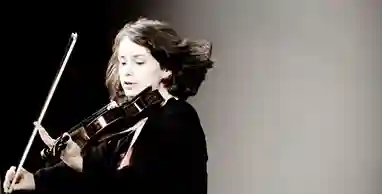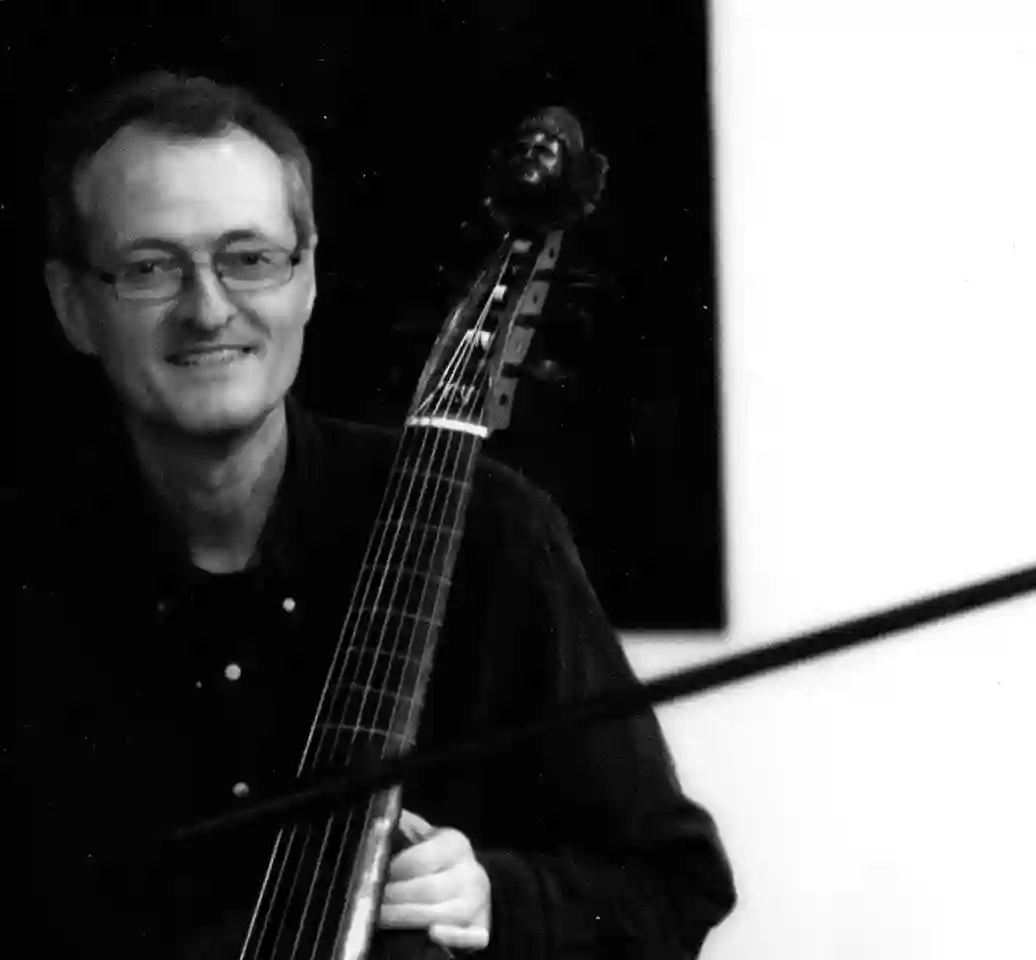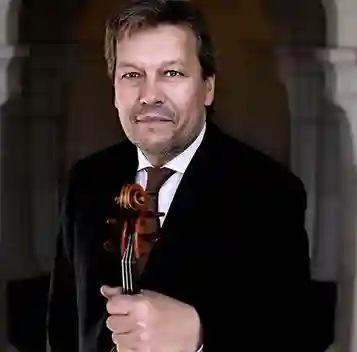Ed ecco piangere e cantar s‘udie:
Labia mea, Domine, per nodo
Tal che diletto e doglia partuire.
(Dante Alighieri, Pg XXIII)
"I wrote the first page of the Book of Quartets in 1995: one piece, then a few more with the same texture and approximately the same length. I decided to complete a cycle of approximately twenty such pieces, a Book of Quartets. When they were done, I had the feeling that with these quartets something truly beautiful was arising, and I wanted to try to write a yearly cycle of 365 pieces. That took me about three years, and I didn’t notice when number 365 had passed – the pieces are not actually numbered.
In spite of my love for theorizing, analyzing, and philosophy, I can think of nothing to say about my Book of Quartets. This work makes demands on my entire being – intuition as well as understanding; there is at the moment no way for me to evaluate them ‘from outside.’"

"Boris Yoffe’s Books of Quartets creates a unique musical ‘soul-space’ for confession, meditation, mysticism, and the highest level of concentration among four people. It defies comparison with other music. I have never encountered this degree of ascetic poesy and purity anywhere else."
Patricia Kopatschinskaja plays music by Boris Yoffe on the following CDs:
32 Gedichte aus dem Quartettbuch (Antes Edition, 2004)
Musical Semantics (Megadisc, 2007)

"Beyond all the quasi-constructive intellectuality that Yoffe’s music unquestionably possesses, one must also work through its emotional, atmospheric, rhetorical quality – at times humorous, almost witty. One is tempted to compare this concentrated form of a three-line quartet movement, compressed to its essence, with Japanese haiku, but Yoffe’s pieces are far more varied in their expression and far from being exclusively descriptions of nature. Above all, they continually refer to one another, cohere, form more or less expansive cycles. One could suggest other comparisons – for example, with the Notre Dame school of the twelfth century. But in reality, if we are honest, Boris Yoffe’s Book of Quartets is sui generis!"
The viola da gamba player Ekkehard Weber frequently plays Boris Yoffe’s music, for example on the CD "Symphony" (Wildner Records, 2011).

"These very short musical poems are not marked with phrasings, dynamics, articulation or tempo. The musicians have to draw all that from harmony, counterpoint and Satz. Seemingly many interpretations are possible – just seemingly though; never underestimate the power of harmony, the power of tradition, and the rules of plain musicality. Quite a profound, but of course tricky way to find out about the values and pitfalls of liberty and freedom – and not only musically. To learn about possibly satisfying but short-term musical nonsense. To learn the true weight of your personal values of conviction – and about being true to them! There’s no help; it's just music. These pieces are not meant as études, but they are the best school to learn what freedom and creativity really are in the light of the manifold and enormous powers of plain music. Learning and playing those works separates the instrumentalists from the musicians. And from a quartet player's technical point of view, the rhythmic simplicity of the scores highlights the necessity and difficulty to play absolutely together – to phrase together, let notes grow and decline together. And then there is intonation. Did I mention intonation?"
Andreas Rainer, leader of the Rosamunde Quartet, can be heard with his quartet and the Hilliard Ensemble on the CD “Songs of Songs” (ECM, 2012).